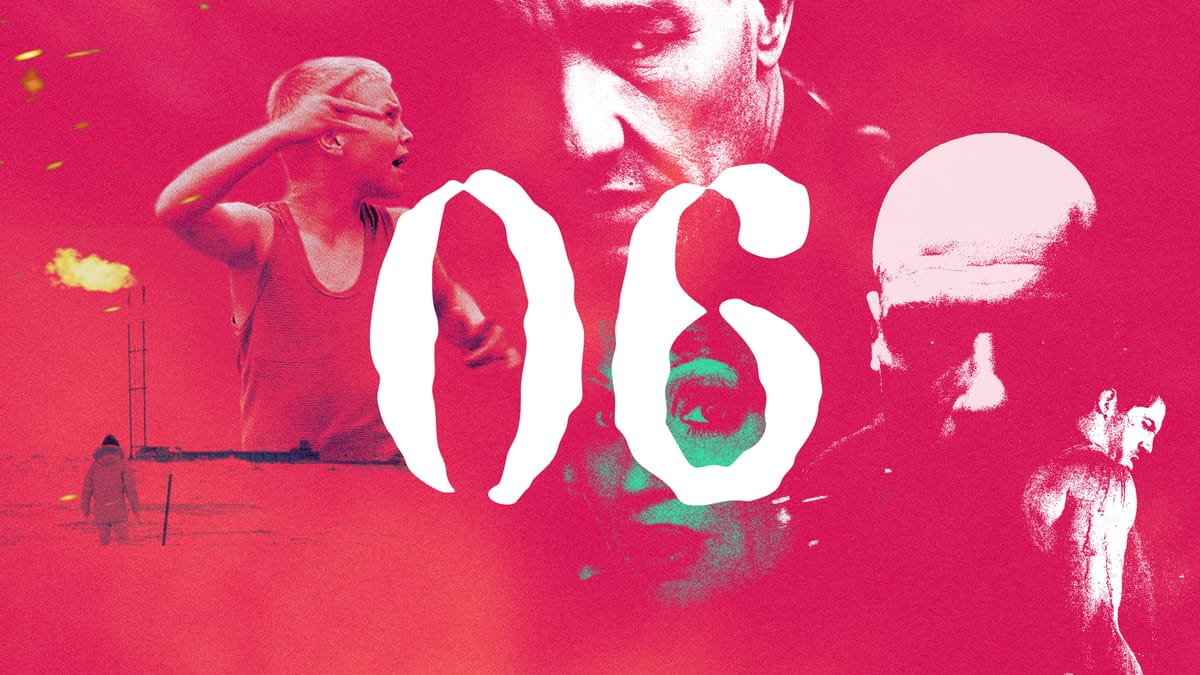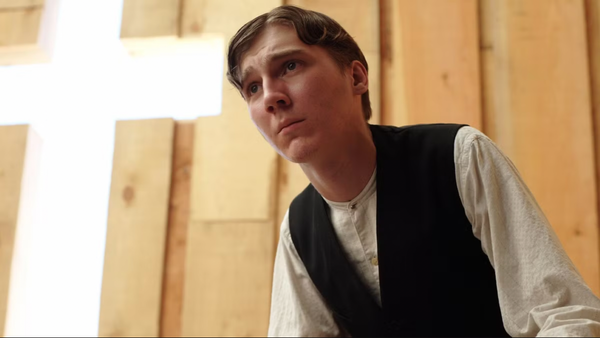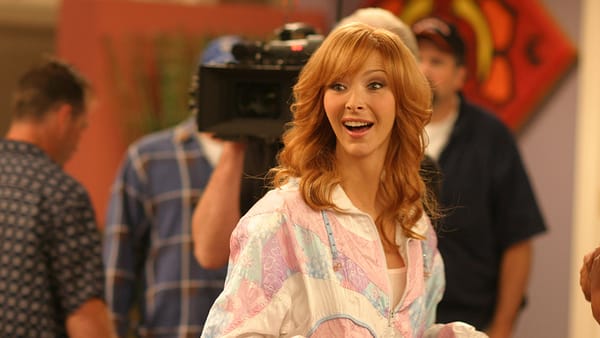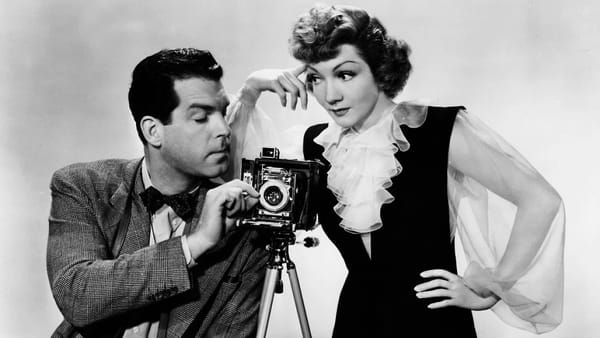On Film Criticism #12: Provocation

Artwork by Neven Udovičić
The films discussed in this issue all, to some degree, use provocation to fulfil their goals.
Speaking to Mark Asch, Daniel Goldhaber explains that his film How to Blow Up a Pipeline isn’t designed to advocate for a specific politics, but rather to shake up the viewer into a reflection. Whether the film does advocate for ecoterrorism, then, is the eye of the beholder, we are told — though the fact that environmental decline will eventually come to affect us all in strikingly similar ways could suggest that we may all one day reach the same conclusions about what needs to be done.
What is certain, however, is that Pipeline goes a lot further in its critique than Honk for Jesus. Save Your Soul, The Eyes of Tammy Faye and The Righteous Gemstones — three works that make American megachurches and televangelists the targets of gentle, almost loving mockery. This tone is disproportionate to the danger such institutions cause, writes Claire Davidson, and such representations in fact may participate in delaying and impeding constructive and needed interrogation and reform.
Pushing for more, getting into the nuances of thorny, unpleasant dynamics, untangling their closely intertwined threads: this is what directors Lise Akoka and Romane Gueret do when pulling apart the tensions, pleasures and pains of the creative process in The Worst Ones. The film focuses on four children street-cast into a feature film essentially based on their own difficult lives, and to which they’re expected to bring some of their own ‘authenticity.’ Beyond capturing the thrill of working at the border between fiction and documentary, The Worst Ones goes on to investigate how this actually affects those children, during and beyond filming.
Paul Schrader, on the other hand, has made if not a career then at least a whole trilogy of gleefully playing at appearing thoughtful one second, and flippant the next. His work is more impervious than most to profound critique. First Reformed could be read both as tragedy and as farce — as a genuine love story and a man’s real attempt at creating change, and as the ludicrous tale of an extremely self-involved priest. His latest film Master Gardener plays with even further extremes, between a sincere attempt to reckon with present and past horrors, and a reactionary what-if scenario designed to push as many hot buttons as possible. Unsurprisingly for those who follow him on Facebook, talking to him similarly involved looking under apparently glib answers for a more radical kernel of truth.
What all this comes down to is ambition and compromise: again and again, Schrader makes films specifically about these two forces, and plays them against each other in his work to extremely powerful effect. His characters have extremely high standards, and bear the pain of compromise every day, until an opportunity presents itself that allows them to be the person they always wanted to be, for better and for worse. Watching and writing about his films involves the same work of constant recalibration: he may appear to be making something small, but most of the time, he isn’t. Provocation is a big part of his prestidigitation.
Provocation in John Hyams’ Universal Soldier: Day of Reckoning takes many forms. “I wanted to make a movie that a lot of people were gonna hate,” said Hyams, “but that the people who liked it, were gonna love it.” The film is a departure from the rest of the franchise due to its arthouse sensibility and tone, its choice of lead character, and its political implications. Its extreme gore — it has accurately been described as ‘action horror’ — helps shake viewers out of any and all preconceptions, and watch the film with a more open mind. The best films are those you don’t need to push; they push you.



